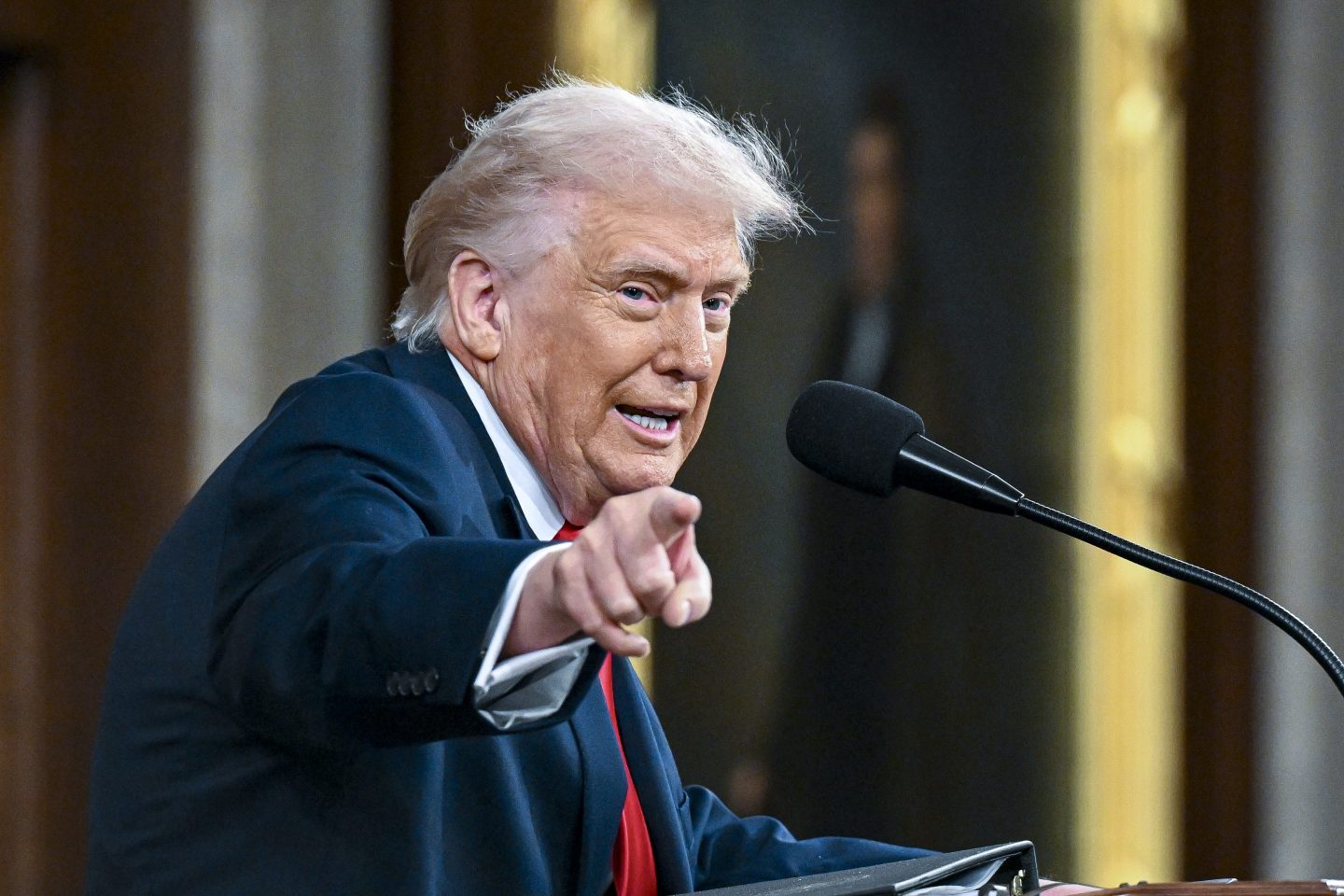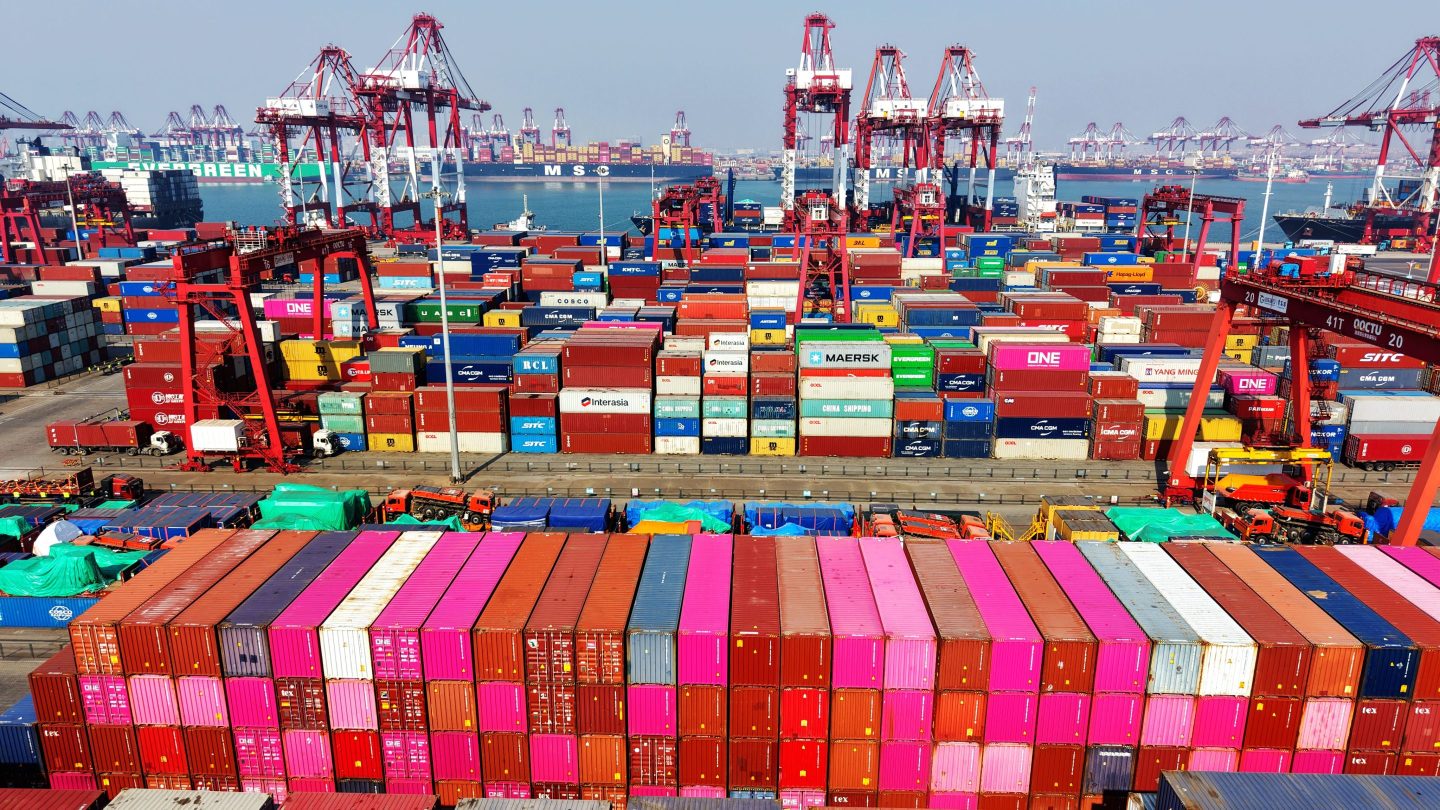The prominent Silicon Valley venture capital firm Andreessen Horowitz (a16z) just did something unprecedented: It is opening its first international office, in London. The move is remarkable since the firm has long preferred to keep its people close to the Sand Hill Road mothership, and reflects just how dire the U.S. regulatory environment has become for crypto—one of a16z’s core businesses.
In a conversation with my colleague Leo Schwartz, partner Chris Dixon said the U.K. capital has “all the ingredients you want to see for an emerging tech hub” but also acknowledged what he views as the stark reality of the Biden administration trying to “kill” crypto. Meanwhile, Prime Minister Rishi Sunak shared the obligatory upbeat statement.
“As we cement the U.K.’s place as a science and tech superpower, we must embrace new innovations like Web3, powered by blockchain technology, which will enable start-ups to flourish here and grow the economy,” said Sunak.
This all sounds grand—everyone likes the idea of new tech hubs flourishing hand-in-hand with an enlightened government—but I’m not convinced. The reason for my skepticism is simple: Europe can’t innovate.
Yes, it’s impolite to say that, but covering Silicon Valley as a tech reporter for the better part of a decade, I learned firsthand that the place has a unique mix of culture, brain power, and resources that can’t be replicated. That’s especially the case for Europe, where the tech industry’s most prominent firm is Rocket Internet—whose claim to fame is ripping off the ideas of Silicon Valley startups and customizing them for local markets. The region’s most prominent tech export, meanwhile, is bureaucracy, notably the byzantine GDPR privacy regime, whose primary achievement has been to enrich Eurocrats and lawyers.
To be fair, the United Kingdom is not Europe. The country’s history as a trading hub and a “nation of shopkeepers” means its entrepreneurial spirit beats stronger than most of its one-time EU brethren, and it remains a world leader in finance—a promising combination for a would-be crypto leader. But a challenger to Silicon Valley? C’mon.
Dixon says a16z’s playbook will include its trademark startup accelerator program, as well as tie-ups with universities and blockchain clubs. That sounds like the right idea but it will be hard to execute, not least because its chief political patron, Sunak, is likely to be out of a job in the next 18 months if current polling data holds up. The upshot is that, when it comes to crypto, London appears more likely to serve as a temporary place of exile for the industry to escape the wrath of progressive Sen. Elizabeth Warren (D-Mass.), rather than a leader in its own right.
I want to end by saying I would like nothing better than to see London, one of my favorite cities in the world, emerge as the world’s crypto capital. But I just don’t think it’s going to happen. Those of you over there, feel free to tell me why I’m wrong.
Jeff John Roberts
jeff.roberts@fortune.com
@jeffjohnroberts
DECENTRALIZED NEWS
The once-buzzy tax and compliance unicorn TaxBit cut 40% of its staff, and its CEO stepped down to be replaced by the startup's COO. (The Information)
Nigeria's SEC ordered Binance's affiliate in the country to halt operations immediately, saying the company had failed to register. (Coindesk)
Chainalysis reports how North Korean hackers have stolen $3 billion of crypto, in part by posing as recruiters, to fund the country's nuke program. (WSJ)
A federal judge ruled that Ooki DAO could be charged as a legal person in a procedural ruling that strengthens the CFTC's ability to go after decentralized crypto projects. (The Block)
Citizens of Turkey are parking their cash in Tether and other stablecoins as the Lira has been pounded following the reelection of the country's autocratic prime minister. (Bloomberg)
MEME O’ THE MOMENT
Another take on crypto outside the U.S.:
This is the web version of Fortune Crypto, a daily newsletter. Sign up here to get it delivered free to your inbox.














